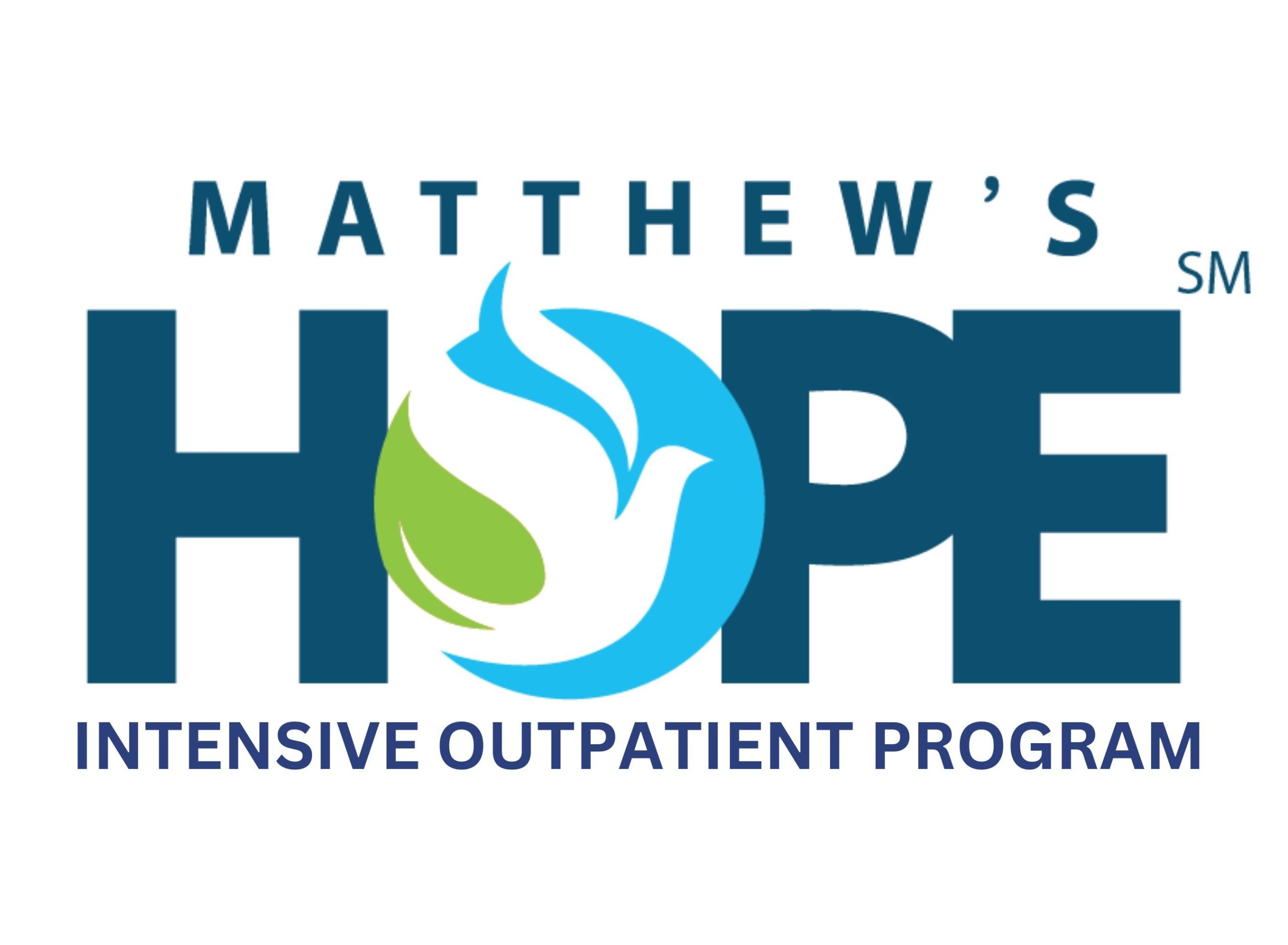While quitting alcohol or drugs is a reason to rejoice, physical sobriety is simply a single step. The only way you can remain sober is through emotional sobriety. Through this kind of sobriety, you change the emotional and mental processes connected to your substance use habits. What is Emotional Sobriety? When you have an addiction, it involves more than drinking too much or using drugs. Instead, addiction involves a range of physical, emotional, intellectual, and…
4 Stages of Progressive Substance Use
Most people don’t decide to develop a substance use disorder. Over time, they may progress through the stages of substance use and become unable to control their drug or alcohol consumption. When this happens, it is important to get professional help. If you or a loved one is suffering from an addiction, the right treatment program can help you get sober. Substance Use Doesn’t Happen Overnight When someone enters the stages of substance use, they…
Top 2 Reasons Why Substance Use Disorder is on the Rise
According to recent studies from the National Center for Drug Abuse Statistics (NCDAS), 50% of the US population over the age of 12 years old have used illicit drugs at least once. Since the year 2000, over 700,000 drug overdose deaths have been reported. There’s no question that substance use disorder is a rising problem. But what is causing the accelerated growth of this issue? Two reasons seem to stand out among the rest. 1….
8 Ways to Stay Sober Over the Holidays
The holiday season brings with it fun parties, family get-togethers, and work gatherings. But it is also one of the most popular times of the year for people to consume alcohol. Commonly known as the “Holiday Effect,” special occasions are a time when people drink more. One study even found that Americans double their drinking habits between Thanksgiving and New Year. It is seen as a time when people are allowed to overindulge and increase…
Identifying Levels of Care for Alcohol and Drug Treatment and Rehab in Houston
The level of care someone needs for alcohol or drug treatment changes on a case-by-case basis. There are a variety of stages in each option that will help individuals overcome these challenges at the pace they need. Considering the level of care you or your loved one needs, the main options range from outpatient individual therapy and partial hospitalization programs to residential treatment or inpatient care. The more you understand each of these levels, the…
Why is Fentanyl Rainbow Colored?
There is a rapidly growing epidemic in the United States associated with the opioid known as Fentanyl. This drug has been a major issue, causing a large number of overdoses as misuse abounds. It’s time to talk about this rainbow-colored drug, its risks, and how we can beat this epidemic. What is Fentanyl? Fentanyl is a strong synthetic opioid known for being fifty times more powerful than heroin and a hundred times more potent than…
The Addictive Brain & Cross Addiction: Safe Medications & Medications to Avoid
Once you are in recovery, it’s critical to watch out for potential triggers. The addictive brain can be triggered by common over-the-counter and prescription medications. By learning about safe medications and medications to avoid, you can support your long-term sobriety. What is Cross Addiction & How Does it Affect the Addictive Brain? Cross addiction is the way your brain can become triggered by different chemical agents. When taking certain medications, you expose the hypothalamus or…
Can Tramadol Lead to Heroin?
No one intends to develop an addiction. Often, people start taking a drug, like tramadol, for a medical reason. Eventually, opioids like tramadol lead to heroin addiction because the individual develops dependence and needs more of the drug to achieve the same effect. Whether you have a tramadol addiction or a heroin addiction, it’s important to know that you don’t have to go through the treatment process alone. The best way to get help for…
Can Oxycodone Lead to Heroin?
While oxycodone and heroin are different drugs, they both have a huge potential for dependence and tolerance. Because of this, oxycodone can lead people to heroin addiction. Once someone develops an addiction, a detox center can help them become sober again. Can Oxycodone Lead to Heroin Use? Many people use oxycodone according to their doctor’s instructions and never end up developing an addiction. Unfortunately, oxy is one of the most abused prescription drugs. The longer…
How Do I Commit My Loved One to Rehab?
When a loved one is struggling with addiction, it’s natural for family members to want to help. Unfortunately, many states have rules about whether you can commit someone to detox or rehab. Many states, like Texas, set a high bar for involuntary commitments, so you can’t commit someone unless they are going to harm themselves or someone else. While you might not be allowed to commit someone if they don’t want to go into treatment,…


